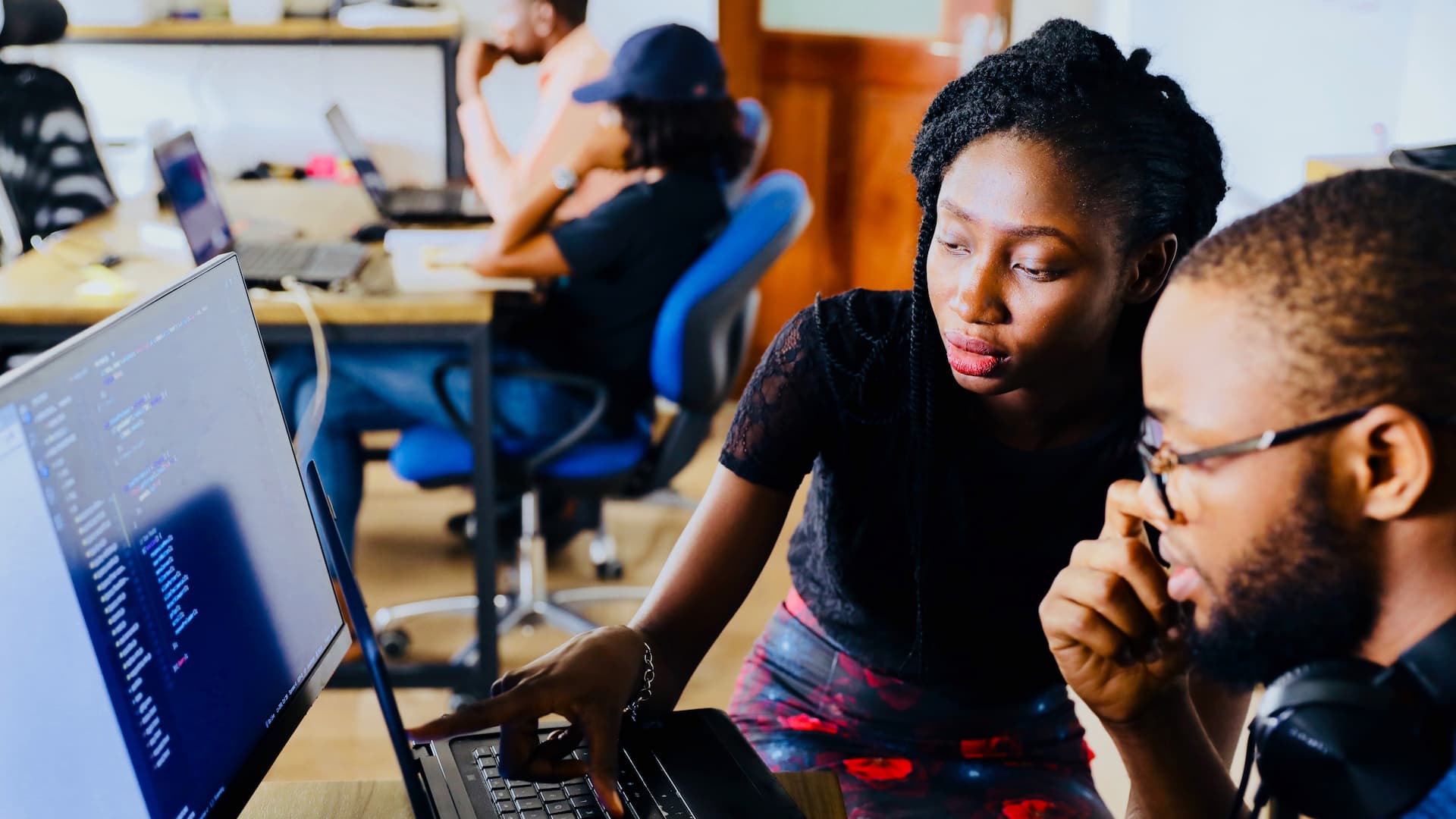LSU Libraries' Archive-Centered Teaching Initiative Empowers Educators
LSU Libraries has successfully facilitated the first annual Special Collections Faculty Fellowship with a cohort of six LSU faculty fellows representing six different fields. The fellows, along with Libraries’ partners, worked together to develop archive-centered curricula for a diverse array of courses. The 2023 LSU Special Collections Faculty Fellows are:
- John Bardes | Department of History
- Michael Bibler | Department of English
- Fabio Capra-Ribeiro | School of Architecture
- Anne Stuckey Williams | School of Social Work
- Johanna Warwick | School of Art (Photography)
- Carla White | School of Art (Art History)
The LSU Special Collections Faculty Fellowship program is designed to enable digitally engaged and archive-centered teaching across campus by providing hands-on workshops, ongoing guidance and support from Libraries’ partners, and access to archival collections and digital tools. The program supports the fellows with a $2,000 professional development stipend for the year-long commitment.
The inaugural fellowship kicked-off in August 2023 with an intensive three-day orientation during which fellows learned about and discussed: archival research skills, digital pedagogy, digital humanities tools and methods, and critical perspectives relevant to digitally engaged and archive-centered teaching. During the fall semester, the fellows met biweekly in Hill Memorial Library to engage with LSU Special Collections materials, continue conversations among the cohort, and workshop their plans for curriculum development. They worked with the support of Libraries’ collaborators: Elizabeth Allen, Nicolette Davis, David Dunaway, Leah Duncan, Leah Jewett, Alia Kempton, John Miles, Marty Miller, Sarah Simms, Zach Tompkins, and Caroline Ziegler.
LSU Libraries is excited to witness the impact of the fellowship on the learning experiences of hundreds of LSU students. The 2023 fellows developed innovative archive-centered curriculum that includes: literary investigations of LSU’s LGBTQ+ archives; art installations that center special collections as source material; writing activities that ask students to empathetically engage with materials documenting desegregation at LSU; visualizations of the development of Baton Rouge based on data available in special collections; and more. Fellows will begin implementing their newly developed teaching plans this spring.
Recognizing the importance of critical engagement with historical materials in archives and special collections, the Libraries will continue the program with a new cohort in Fall 2024. Interested teaching faculty at any rank are invited to visit the website for more information. The 2024 application window is March 25-June 1.
